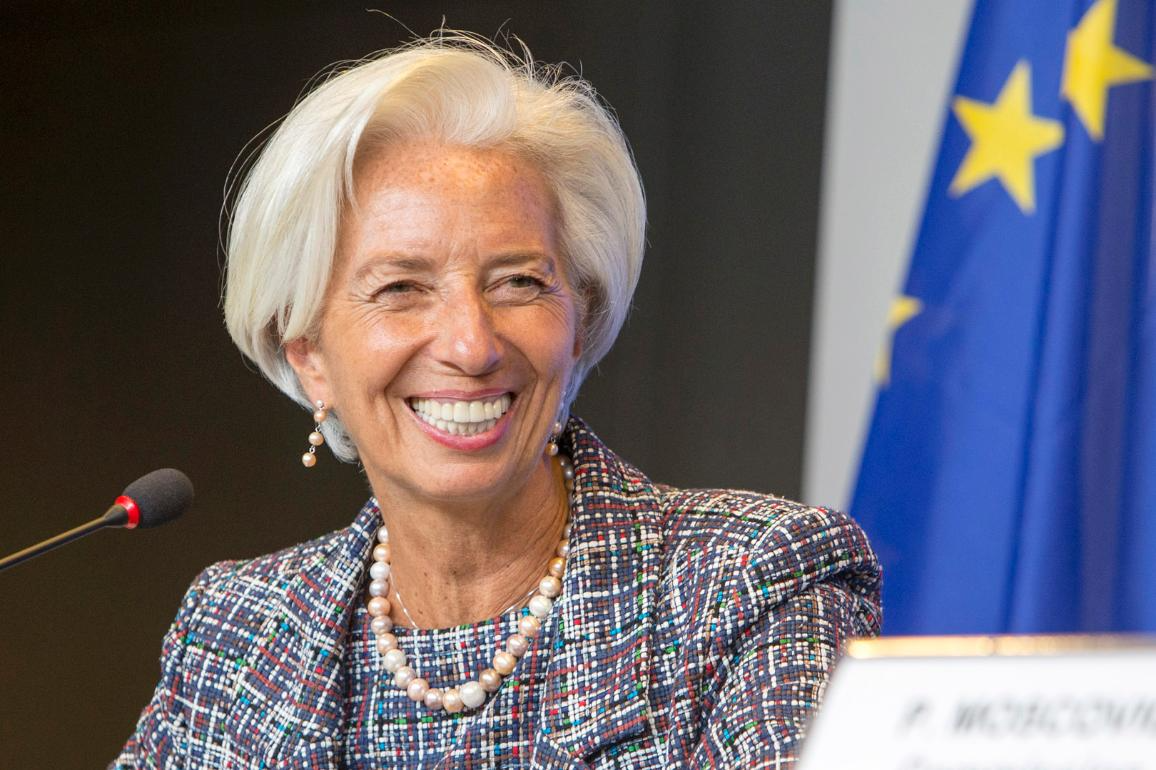
The European Central Bank cut borrowing costs from record highs on Thursday, acknowledging progress in its battle against high inflation but also signalling that the fight had yet to be won as inflation was set to remain too high until next year.
Inflation in the 20 countries that share the euro has fallen from more than 10% in late 2022 to just above the ECB's 2% target in recent months, largely thanks to lower fuel costs and a normalisation in supply after some post-pandemic snags.
But that progress has stalled recently, and what had looked like the start of a major ECB easing cycle only a few weeks ago now appears more uncertain due to signs that euro zone inflation may prove sticky, as has been the case in the United States.
The ECB welcomed the fall in price growth as it trimmed its deposit rate to 3.75% from a record 4.0%, its first cut since 2019.
But it also raised its inflation forecasts for this year and the next, stressed that any further rate reduction would depend on incoming data, and reaffirmed that borrowing costs needed to remain high enough to keep a lid on prices.
"Despite the progress over recent quarters, domestic price pressures remain strong as wage growth is elevated, and inflation is likely to stay above target well into next year," the ECB said.






